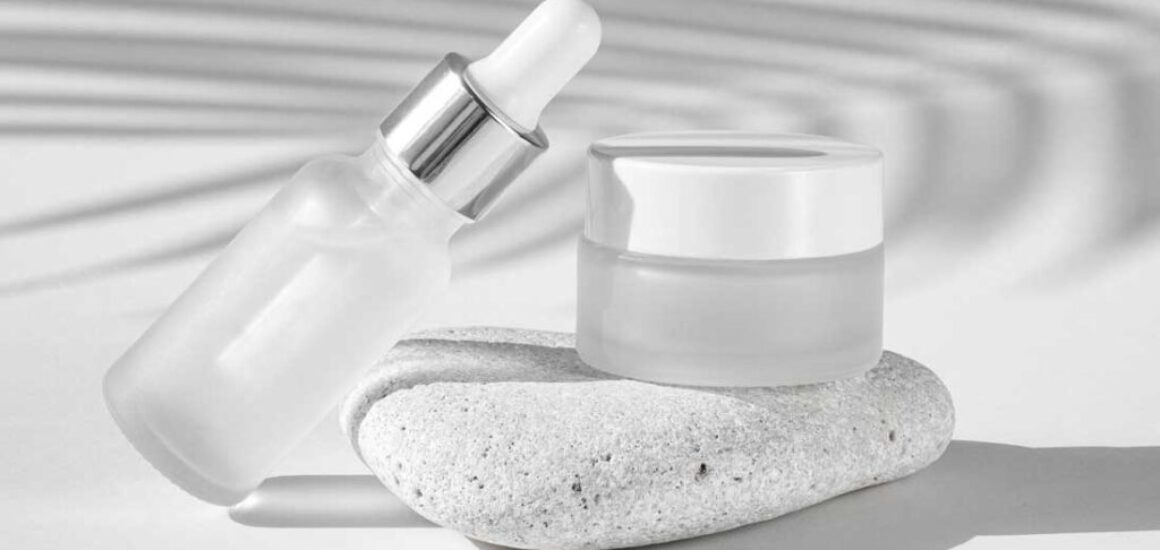Microplastics in Skincare
What Are Microplastics?
Microplastics are any solid plastic particle that is 5mm or less in size and is intended to exfoliate or cleanse your face or body. Think scrubbing agents found in facial washes or soaps, or thickening agents in cosmetics. They were everywhere in skincare products. At one point, up to 90% of certain products’ ingredients can be considered as microplastics. Many cosmetics like makeup, contain very high amounts of microplastics. Many of these microplastics, like polythylene, polymethyl methacrylate, and polyurethane have been considered to be toxic or problematic to the health of people and the environment.
What’s So Bad About Them?
Microplastics are not really so visible to the naked eye. After you wash your face, or rinse off the lather from your body, or even take off your makeup, you might not know it but at one point you were removing microplastics from your skin. The additives and chemicals found in microplastics found in certain products are known to cause certain health problems. These include hormone-related cancers, neurodevelopment disorders and infertility.
Besides being harmful to your bodies, microplastics are also harmful to the environment. A part of why the oceans of the world are currently polluted is because of microplastics. It’s no secret that the skincare industry is a major contributor to plastic waste in the ocean, and microplastics account for a good chunk of that. The toxic chemicals found in the washed away microplastics mixed in with the water supply can and have destroyed aquatic ecosystems.
What’s Being Done About Microplastics?
Did you know that microplastics are banned in skincare products? That’s right, since 2015, the FDA has banned the manufacturing, packaging and distribution of microplastic beads in skincare products, as outlined in the Microbead-Free Waters Act. This was passed as a law not only to help reduce the amount of plastics in the oceans, but also to make sure the products that we put on our skin are safe. However, many skincare companies are still using microplastics, especially those that make products found in pharmacies and grocery stores. Many though, like Avene, have launched campaigns to make sure their products are microplastic-free. The best way to do your part is to read the ingredients in your skincare products to make sure that they don’t contain microplastics.




